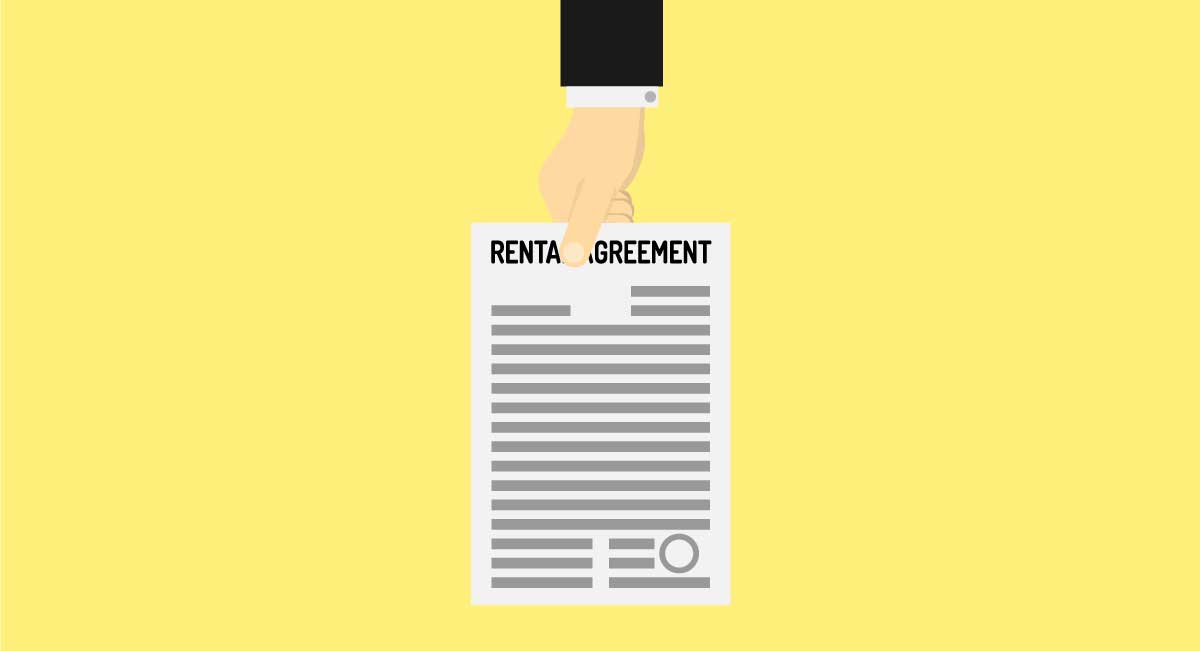
COPIERS | 5 MIN READ
Is your copier lease end date looming in the near future? If so, you may be unsure of the proper protocol to follow per your lease, especially if the last time you read it was over a year ago. Keep reading to learn what to expect when your copier lease is expiring soon, as well as what to keep in mind when determining if you want a new lease or a new copier.
Not enough time? Jump to:
What to Do When Your Lease is Ending
What to Look for When Buying a Copier
What to Do When Your Lease is Ending

Every copier lease provider will have their own version of an agreement, but for the most part, they stay quite consistent across the industry.
Before you return your copier, you should keep the following points in mind:
Consider your Options
The first point to keep in mind before ending your lease and returning your copier is if you should renew your lease, find a new one, or not have a lease at all.
In general, leasing may be right for your company if:
- Your company is growing: If you're running a small or medium-sized business that's getting ready to expand, leasing may be the right fit for you. Leasing allows you to outfit a new office quickly without debilitating upfront costs.
- You need flexibility: Not sure what kind of technology you need? Not ready to make the commitment of buying an expensive piece of equipment right now? Leasing can give you the flexibility to upgrade when you need and try out models to see what works and doesn't work.
- You want to stay ahead of the tech trends: Leasing makes it easy to change your copier or printer without the sizable up-front expenses, meaning that you can more easily afford the latest copiers.
- You need cashflow freed up: If you're working on big projects and don't want to commit your cashflow to a copier or printer purchase, leasing is a perfect option. You can distribute the cost of your equipment over months, freeing up money for more immediate needs.
If you fit the above characteristics and still want some form of a lease, then you need to decide if your current provider is right for your business.
The right lease provider will have quality customer service, agreeable terms, and can accommodate your needs.
Check your Lease
Everything that you'll need to do to stay in your leasing provider's good graces, whether you renew or not, should be spelled out in your leasing agreement.
For instance, your lease should state how much advance warning is necessary if you do not wish to renew. Some providers may say 90 days while others may say 60. Double check this date, because if you miss it, some providers may auto-renew your lease.
If you plan on not renewing your lease, when you you need to return your copier by and what is the process for doing so? Be sure to find this information in your lease to avoid potential fees.
How to Safely Return Your Copier
If you decide to end your lease, you'll need to eventually return your copier. Copier hard drives can store information for years. Think of all the documents that your company prints and copies every day.
This sensitive information may be stored on your copier's hard drive, which is why you need to remove and wipe the hard drive before you return your copier to be sure that you've permanently erased all company information.
However, before deleting anything, check with your provider to ask about their protocols for handling copier hard drives after leases expire.
Understanding a New Lease
If you decide to end your current lease and seek out a new one, here are some questions to keep in mind when evaluating a new provider:
How will my cost-per-copy be calculated?
Cost-per-copy should be a major decision factor when signing a copier lease, as these costs can quickly add up when you have the wrong copier. Cost-per-copy can be calculated multiple ways, which means you need to understand how to calculate it for your copier.
For example, are 11x17 copies charged at a higher rate than standard letter or legal-size copies? Also, if technicians print hundreds of copies during a service call to determine and fix issues, how will those be charged?
Who pays for supply delivery charges?
You may get a great deal on your lease only to find out that it includes high shipping and handling fees for toner, drums, or other supplies.
If your office has high print volume, then these fees will quickly add up. Check these details in your lease before you sign.
What are the insurance requirements?
Some leases require you to insure your copiers. Make sure to check your lease for the specifics of how insurance will work.
For instance, how much insurance is required on the equipment? Additionally, is it permissible under the terms of your lease to use your company's insurance plan? Keep these questions in mind when checking your lease.
RELATED: 5 Questions You May Have When Buying a Copier [Video + Blog]
What to Look for When Buying a Copier
Looking for a new copier after your lease ends? Keep reading for some tips on what to look for.
Features
Speed
Depending on your company's monthly print volume, you may value a copier with high speeds. When evaluating a copier for its speed, which is measured in pages per minute, consider how often your employees copy and what kind of print jobs they carry out.
Certain print-heavy industries such as law offices are constantly printing large documents. If a law office, for instance, were to get a high quality but slow copier, business operations could be hindered when employees have to wait around for backlogs of large print jobs to finish.
On the other hand, if your employees only copy a few pages every now and then, or your office is very small, you may not value copier speed as much.
Keep in mind, however, that each level of copier speed has a recommended monthly volume. If your copier produces a higher volume than it's rated for, you'll have more service calls than normal. Selecting the correct speed will help to eliminate any future headaches.
Paper Types
Depending on the types of print jobs your business fulfills, you may value a copier that can handle a larger variety of paper types.
While the most common paper size is 8.5 x 11 in., also known as A4, many copiers can handle paper up to legal size, or 8.5 x 14 in. Copiers that can handle mainly A4 paper can end up being cheaper, so if your office only prints on this type of paper, you can save a little money by going for an A4-friendly copier.
Additionally, consider the paper weight that your office requires in a copier. Heavy paper such as stock paper is typically printed from the bypass tray. However, if your office prints a large volume of documents on heavy paper, consider a copier that can support heavy paper from the standard trays.
Seeking out a copier like this can streamline business operations by saving employees the time spent constantly refilling the bypass tray.
Dealer or Manufacturer?
When finding the right model for your needs, you may be stuck on whether to purchase your copier through a major retailer such as Staples or through a local dealer.
Convenience
The process of selecting and ordering a copier can be just as convenient with either type of seller. Usually, you can visit a major retailer and a local dealer's building to test different models in-person.
Service
The level of customer service you experience with a local dealer cannot be beat. In general, small local businesses have lean teams that can really afford to personalize your experience and consistently follow up to ensure that your needs are addressed.
When it comes to copier repair service, local dealers also come out ahead. If your copier breaks and needs repairs, a major retailer like Staples will usually have you ship it away for fixes, which means you could potentially be waiting upwards of a month. Along with being slow, this type of service can also be costly since you pay for a one-time job.
Price
While a copier from a major retailer can be cheaper, the prices they charge for cartridges can be as much as five times more expensive than local dealers. Both major retailers and local dealers can negotiate with you for lower prices on machines, but local dealers can keep cartridge prices much lower.
Additionally, when factoring price into the purchase of a copier, consider downtime costs. If your copier that was purchased from a major retailer breaks, you may be out of a copier for a month while you ship it away for repairs. The costs associated with this scenario can quickly add up, as opposed to a local dealer who can usually fix it that day.
RELATED: Copier Dealers vs. Manufacturers [3 Myths Busted]
If you're shopping for a new copier in the metro Atlanta market, consider us! We'll help you find the right technology to boost office productivity and efficiency.
For more copier-related content, follow our blog!
Posted by Bernie Schom

Bernie Schom is the Vice President of Sales at Standard Office Systems and has been in the copier and printer industry for over three decades.


